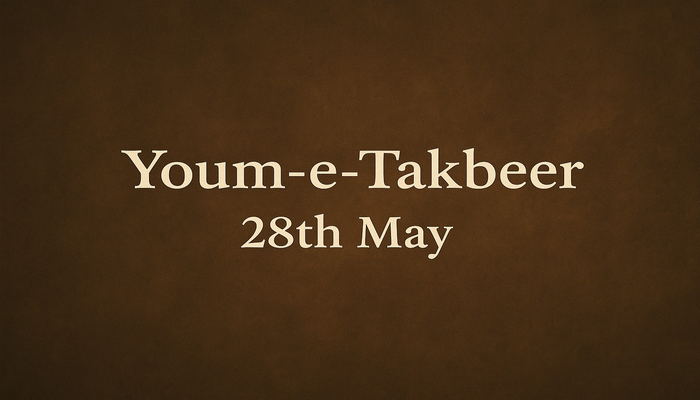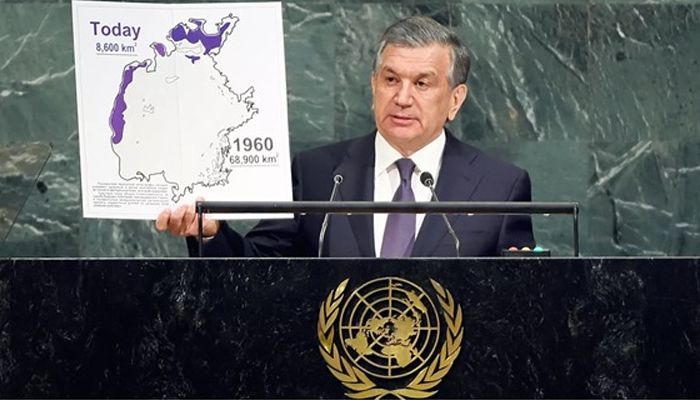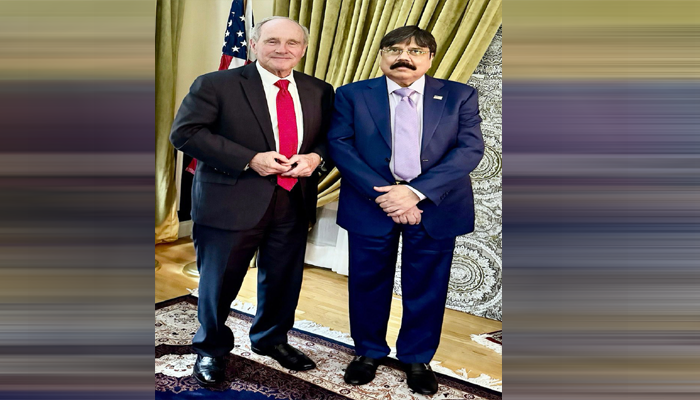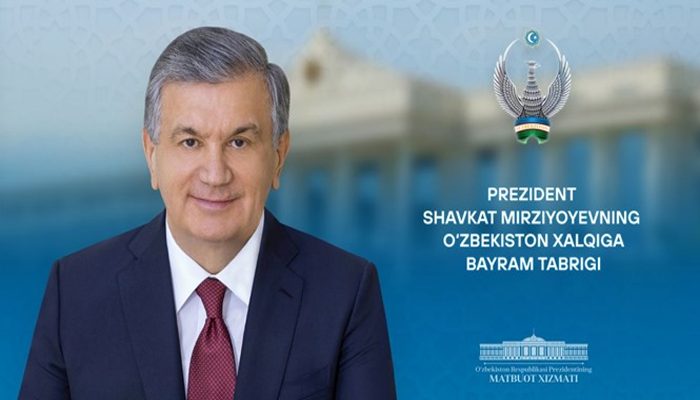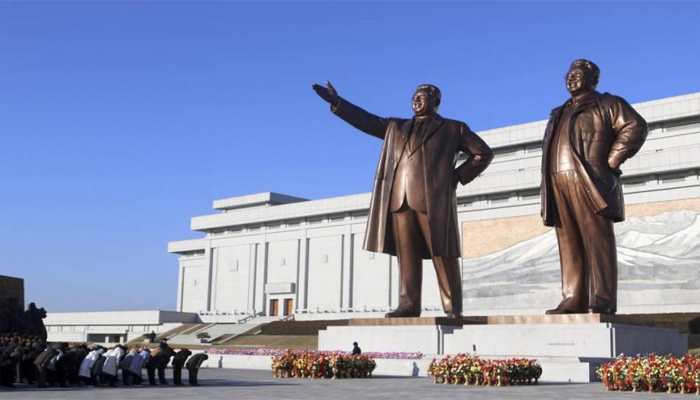Every year on 28th May, Pakistan solemnly observes Youm-e-Takbeer—a monumental day etched in the annals of the nation's history. It marks the moment in 1998 when Pakistan successfully carried out its first nuclear tests, becoming the first Islamic country and the seventh in the world to possess nuclear weapons. This milestone was not merely a scientific breakthrough; it was a profound assertion of national sovereignty, unity, and unyielding determination in the face of immense global pressure.
Youm-e-Takbeer, meaning “the Day of Greatness” or “the Day of God's Glory,” is a celebration of Pakistan's commitment to safeguarding its independence and upholding regional peace through strategic balance.
Historical Backdrop
The seeds of Pakistan’s nuclear program were sown in the early 1970s, in response to India’s first nuclear test in 1974. Realizing the emerging threat in the region, Prime Minister Zulfikar Ali Bhutto laid the foundation of Pakistan’s nuclear journey, famously declaring, “We will eat grass, even go hungry, but we will get one of our own [nuclear bomb].” His words echoed a national determination that resonated across generations.
Under the visionary leadership of renowned scientists like Dr. Abdul Qadeer Khan and a dedicated team of engineers and physicists, Pakistan pursued its nuclear ambitions with unwavering resolve. Despite facing economic constraints, diplomatic isolation, and international sanctions, the country persevered.
The turning point came in May 1998, when India conducted a series of nuclear tests, heightening tensions in South Asia. In a decisive response, Prime Minister Nawaz Sharif authorized Pakistan’s nuclear tests. On 28th May 1998, at the remote Chagai Hills in Balochistan, the ground shook with the roar of five nuclear explosions—code-named Chagai-I—followed by another test on 30th May, known as Chagai-II.
Symbol of Strength and Sovereignty
Youm-e-Takbeer is far more than a date—it is a profound symbol of:
1. Strategic Deterrence
Pakistan’s entry into the nuclear club established a powerful deterrent against external aggression, particularly from its eastern neighbor. The doctrine of minimum credible deterrence ensures that Pakistan’s nuclear arsenal serves as a shield to maintain regional equilibrium and national security.
2. Scientific Excellence
The successful nuclear tests are a tribute to Pakistan’s brilliant minds who, despite limited resources and immense international scrutiny, rose to the occasion. The achievements on Youm-e-Takbeer exemplify the power of indigenous innovation, intellectual resilience, and patriotic commitment.
3. National Pride and Unity
The day serves as a unifying force, reminding the people of Pakistan that national dignity, sovereignty, and resilience are collective assets. It rekindles the spirit of patriotism and honors the sacrifices made to preserve the country’s freedom and autonomy.
Observance and Celebrations
On Youm-e-Takbeer, the nation comes together in a spirit of pride and remembrance. The day is marked by:
Flag-hoisting ceremonies, military honors, and special prayers for national prosperity and peace.
Academic seminars and strategic forums to analyze the implications of nuclear capability and celebrate the intellectual legacy of the scientists involved.
Media features, documentaries, and national broadcasts that revisit the emotional and historical significance of 28th May.
Government tributes honoring those who played pivotal roles in the country’s nuclear program.
The nation’s leadership often reiterates its commitment to peace, defense, and continued scientific advancement, emphasizing that Pakistan’s nuclear capability is a guarantor of peace—not a threat.
Balancing Power and Responsibility
While Youm-e-Takbeer is a day of immense pride, it also brings with it a great sense of responsibility. Nuclear power is not merely a symbol of strength—it demands vigilance, diplomacy, and ethical stewardship.
Economic Impact: The tests led to global sanctions, causing economic strain. Yet, they also spurred national self-reliance and strengthened internal resolve.
Global Perceptions: Pakistan continues to face scrutiny on nuclear proliferation. However, it has consistently maintained robust command and control systems and reaffirmed its commitment to non-proliferation and responsible nuclear conduct.
Future Vision: As the world moves toward clean energy and scientific innovation, Pakistan must also channel its intellectual capital toward peaceful nuclear applications in medicine, agriculture, and energy.
Youm-e-Takbeer stands as a shining chapter in Pakistan’s narrative—a reminder that with unity, vision, and determination, even the most formidable challenges can be overcome. It celebrates the courage of leaders, the brilliance of scientists, and the unwavering spirit of a nation that chose dignity over submission.
As we commemorate this historic day, let it inspire future generations to pursue excellence—not just in defense, but in education, innovation, and development. Let Youm-e-Takbeer be a clarion call—not just of might—but of progress, peace, and prosperity.
May the echo of “Takbeer – Allahu Akbar” continue to remind us that true greatness lies in self-reliance, resilience, and unwavering faith in our collective destiny.

